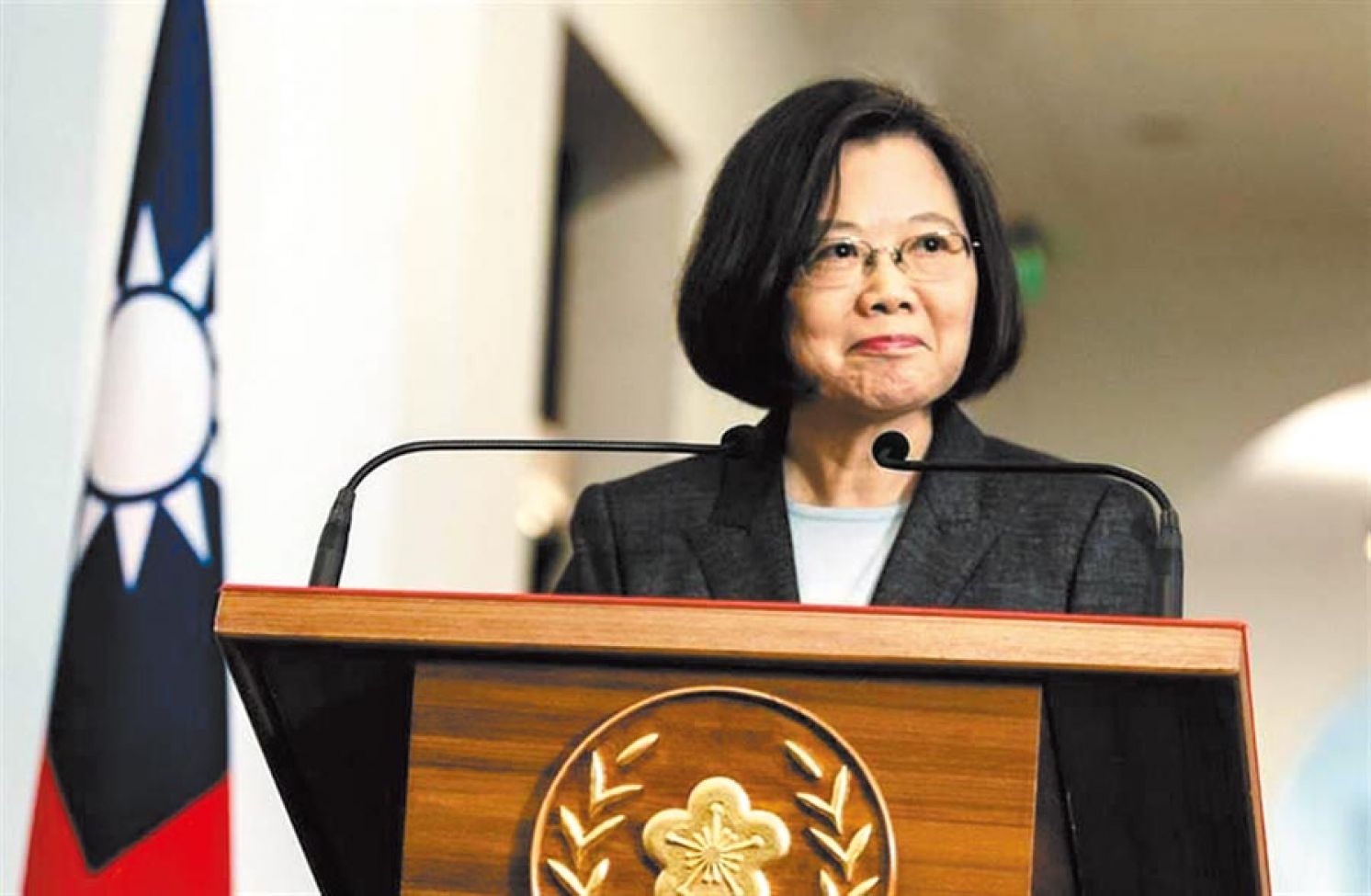
Cross-Strait Relations Nearing Extreme Challenges
By Su Yung-lin
China Times, May 8, 2020
Liu Guoshen, a senior mainland Chinese scholar on Taiwan, recently predicted that “extreme explosion” may emerge in relations across the Taiwan Strait during the second term of President Tsai Ing-wen. Liu thinks that the Democratic Progressive Party (DPP) administration in Taiwan may try to use fragmented law-making, constitutional amendment, or disguised constitutional enactment to achieve the prospect of “de jure Taiwan independence.”
Right after Liu’s article was published, DPP Legislators Tsai Yi-yu, Chuang Jui-hsiung, and Chen Ting-fei proposed to amend the Act Governing Cross-Strait Relations to change the wording “before national unification” to “in response to national development.” The proposed amendment was supported and co-sponsored by cross-faction DPP legislators, passed first reading sent to committee for review. Liu’s prediction has come true quickly that the DPP has taken the critical step of “extreme explosion.”
In the past, the Pan-Green coalition has frequently advocated “Taiwan independence” or so-called “one country on each side” to reassure or respond to the demands of fundamentalist supporters. This time, however, the timing of the proposed amendment is on the eve of President Tsai’s May 20 inauguration. This is the sensitive time when the United States and China are exchanging verbal attacks and advocacy of unification by force is increasing in the mainland, so the significance and impact of the proposed amendment cannot be deemed as merely reassuring fundamentalist DPP supporters.
It is highly worrisome that while the cross-strait “extreme explosion” has not emerged, “extreme challenges” are closing in step by step. The challenges test the political bottom line, wisdom, and measures of the Kuomintang (KMT), DPP, Taiwan People’s Party (TPP), and Chinese Communist Party (CCP).
For the KMT, it was often on the front line to block DPP’s legislation on Taiwan independence and was always labeled by the DPP-friendly Internet users as “China’s agents” or “selling out Taiwan.” So in recent years, many KMT supporters feel that the KMT does not need to work so hard to safeguard cross-strait relations. They think that the KMT should let the DPP promote Taiwan independence, such that the DPP collide with Communist China directly. Otherwise, the pro-China “red hat” on the KMT can never be removed. This is because the KMT thinks that the DPP always engages in Taiwan independence and “state-building” by mouth only. Now, the test is here: Will the KMT block the amendment this time?
For the DPP, it has often used small actions such as amendments, co-sponsorship, and publications to advocate Taiwan independence or “one country on each side.” However, the senior levels of the Tsai administration and DPP should consider that the deletion of the wording “before national unification” at this sensitive juncture may not be a small action and may stir great waves across the strait. Has the national security team of the Tsai administration predicted or conducted simulations on possible reactions from mainland China and the United States?
For the TPP, which has just entered the Legislative Yuan, while upholding the stance of Chairman Ko Wen-je that “unification versus independence is a fake issue,” the situation that it faces has changed. By entering the Legislative Yuan, the TPP is now part of the establishment, so will the TPP agree to or oppose the proposed amendment? Recently, the TPP has been ambiguous on issues of passport and China Airlines name changes. Can the TPP remain ambiguous to pass the test this time?
Finally, for mainland China, Taiwan’s “Act Governing Cross-Strait Relations” defines the relationship between Taiwan and mainland China, and the law should be considered “quasi-constitutional.” If the proposed amendment enters into the second reading, its meaning is tantamount to the implementation of a referendum on unification or independence. Does such action constitute one of the six conditions for China to use force against Taiwan provided in the “Anti-Secession Law?” How will the senior leadership in Beijing play its hand? These challenges have just begun.
From: https://www.chinatimes.com/opinion/20200508005213-262105